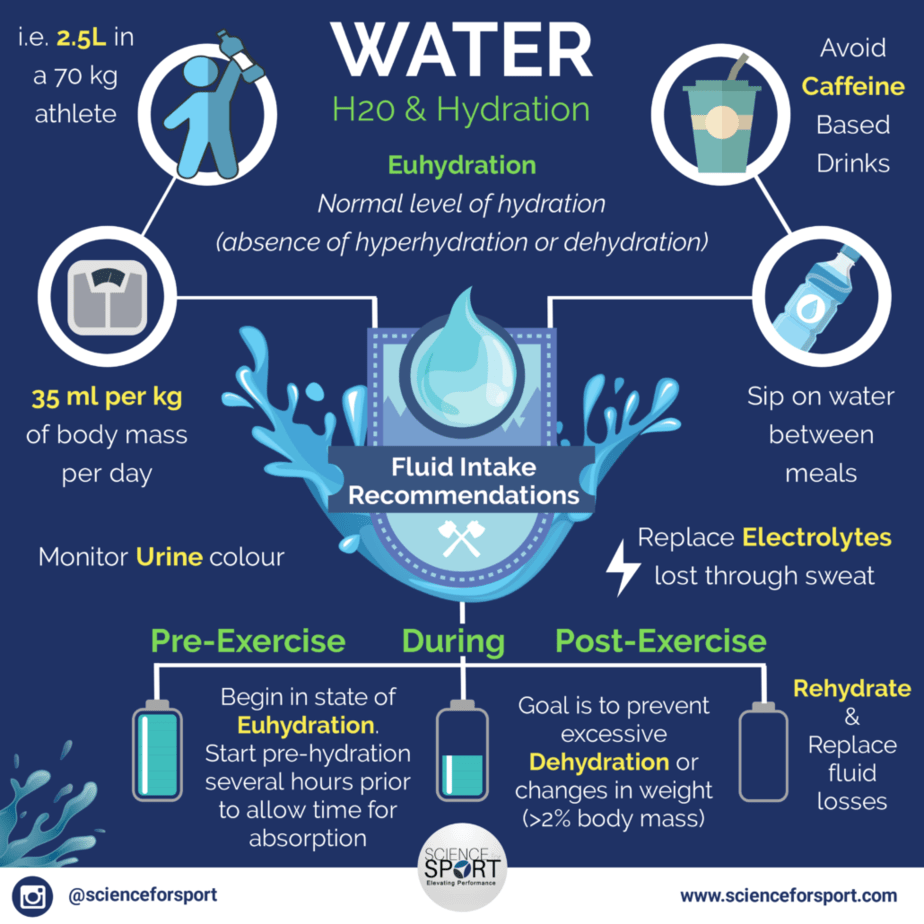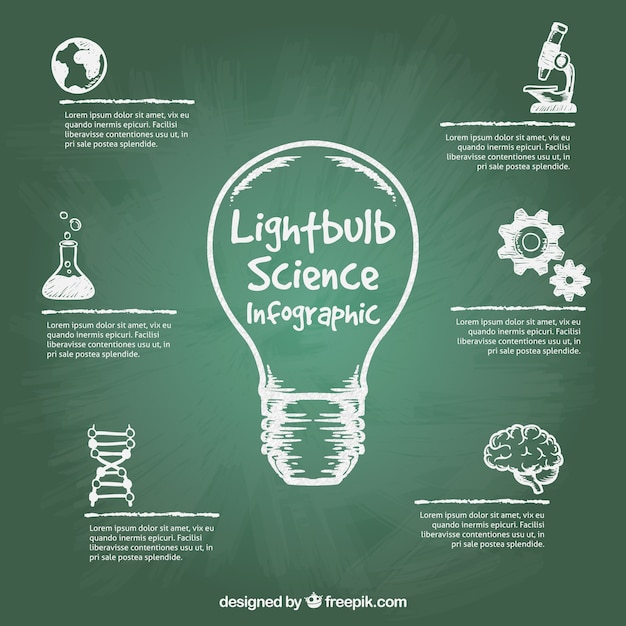

Self-Attribution Bias: An entrepreneur overly attributes his company’s success to himself, rather than other factors (team, luck, industry trends). Just because a certain type of industry or security is familiar doesn’t make it the logical selection.Ģ. Familiarity Bias: An investor puts her money in “what she knows”, rather than seeking the obvious benefits from portfolio diversification. Here are five examples of how these types of biases can affect people in the business world:ġ. They influence the way we think and act, and such irrational mental shortcuts can lead to all kinds of problems in entrepreneurship, investing, or management.
Distortions in storing and retrieving memoriesĬognitive biases have been studied for decades by academics in the fields of cognitive science, social psychology, and behavioral economics, but they are especially relevant in today’s information-packed world. The limited processing ability of the brain. Humans have a tendency to think in particular ways that can lead to systematic deviations from making rational judgments. It shows and groups each of the 188 known confirmation biases in existence. To be sure, this is all part of being human-but such cognitive biases can also have a profound effect on our endeavors, investments, and life in general.įor this reason, today’s infographic from is particularly handy. These biases can lead to us extrapolating information from the wrong sources, seeking to confirm existing beliefs, or failing to remember events the way they actually happened! Science has shown that we tend to make all sorts of mental mistakes, called “cognitive biases”, that can affect both our thinking and actions. The human brain is capable of incredible things, but it’s also extremely flawed at times. View the high resolution version of today’s graphic by clicking here. 
Every Single Cognitive Bias in One Infographic






 0 kommentar(er)
0 kommentar(er)
